
Cayon: The Hidden Gem of Saint Kitts and Nevis
Nestled on the northeastern coast of Saint Kitts, Cayon is a charming town that offers a unique blend of natural beauty and cultural richness. Known for its lush landscapes and tranquil beaches, Cayon is the perfect destination for travelers looking to escape the hustle and bustle of more crowded tourist spots. One of the highlights of Cayon is its close proximity to the lush rainforest and rolling hills that define the island’s interior. Hiking enthusiasts will find numerous trails offering spectacular views and a chance to encounter the island’s diverse wildlife. For those who prefer a more laid-back experience, the serene beaches offer the perfect setting for a relaxing day under the sun. Cayon is also steeped in history and culture. Visitors can explore local landmarks such as the Spooner's Ginnery, a historic sugar mill that offers a glimpse into the island’s colonial past. The town is also known for its vibrant festivals, including the annual Green Valley Festival, which showcases local music, dance, and cuisine. Whether you are an adventure seeker, a history buff, or simply looking to unwind, Cayon provides a captivating experience that will leave you with lasting memories.
Local tips in Cayon
- Visit during the Green Valley Festival in May to experience local culture and festivities.
- Pack comfortable hiking shoes for exploring the nearby rainforest trails.
- Explore Spooner's Ginnery for a fascinating look into the island’s sugar plantation history.
- Try local delicacies at the town's eateries for an authentic taste of Saint Kitts and Nevis.
- Bring snorkel gear to make the most of the clear waters and diverse marine life at the beaches.
Cayon: The Hidden Gem of Saint Kitts and Nevis
Nestled on the northeastern coast of Saint Kitts, Cayon is a charming town that offers a unique blend of natural beauty and cultural richness. Known for its lush landscapes and tranquil beaches, Cayon is the perfect destination for travelers looking to escape the hustle and bustle of more crowded tourist spots. One of the highlights of Cayon is its close proximity to the lush rainforest and rolling hills that define the island’s interior. Hiking enthusiasts will find numerous trails offering spectacular views and a chance to encounter the island’s diverse wildlife. For those who prefer a more laid-back experience, the serene beaches offer the perfect setting for a relaxing day under the sun. Cayon is also steeped in history and culture. Visitors can explore local landmarks such as the Spooner's Ginnery, a historic sugar mill that offers a glimpse into the island’s colonial past. The town is also known for its vibrant festivals, including the annual Green Valley Festival, which showcases local music, dance, and cuisine. Whether you are an adventure seeker, a history buff, or simply looking to unwind, Cayon provides a captivating experience that will leave you with lasting memories.
When is the best time to go to Cayon?
Iconic landmarks you can’t miss
Timothy Hill Overlook
Discover breathtaking views at Timothy Hill Overlook, a must-visit gem in St. Kitts offering stunning panoramas of the Caribbean Sea and lush landscapes.
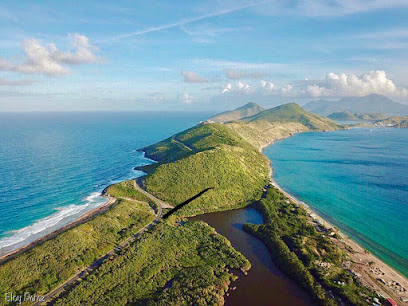
Brimstone Hill Fortress National Park
Explore the historic Brimstone Hill Fortress National Park, a UNESCO World Heritage Site with stunning views and rich colonial history in St. Kitts.
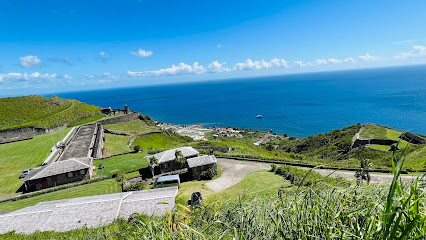
Port Zante
Explore Port Zante, the bustling cruise terminal of St. Kitts, with vibrant shops, delicious food, and breathtaking views of the Caribbean Sea.
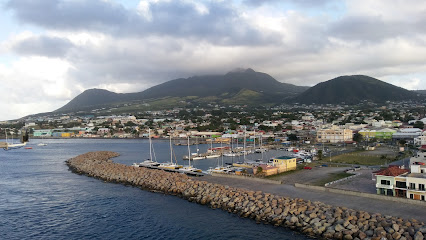
Dolphin Discovery Saint Kitts
Experience unforgettable dolphin encounters in the picturesque setting of St. Kitts at Dolphin Discovery, a must-visit attraction for marine lovers.
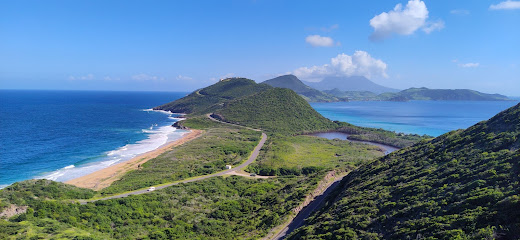
Adonis Tour & Beach from Porte Zante
Experience the ultimate Caribbean adventure at Adonis Tour & Beach, where stunning landscapes and vibrant culture await you in St. Kitts.
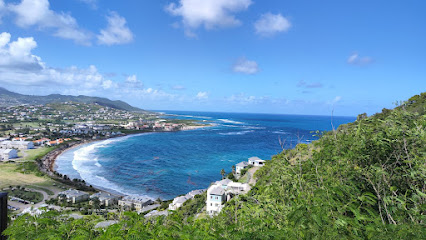
St. Kitts Scenic Railway
Discover the rich heritage and breathtaking landscapes of St. Kitts aboard the scenic railway, a captivating journey through history and nature.
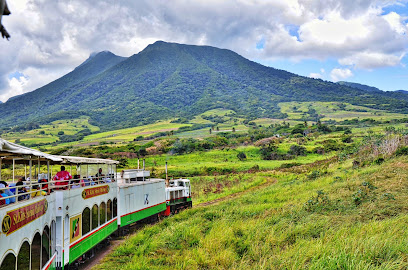
Port Zante Marina
Experience the lively ambiance of Port Zante Marina in Basseterre, where shopping, dining, and stunning views come together for an unforgettable Caribbean experience.
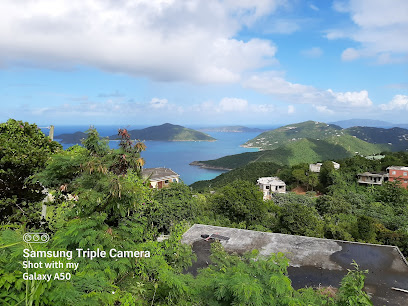
Fairview Great House and Botanical Gardens
Explore the historical Fairview Great House and Botanical Gardens, a serene escape with rich heritage and stunning tropical gardens in St. Kitts.
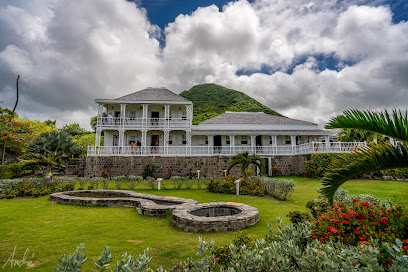
Nature Paradise Tours- St.Kitts
Explore the stunning landscapes and vibrant culture of St. Kitts with Nature Paradise Tours, the premier tour operator for unforgettable Caribbean adventures.
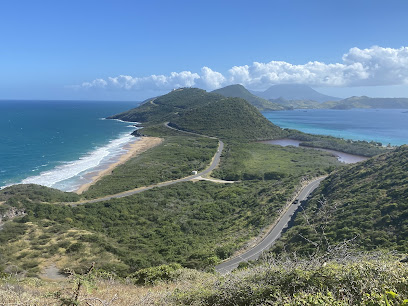
Romney Manor
Immerse yourself in the history and artistry of St. Kitts at Romney Manor, a captivating historical landmark and home of Caribelle Batik.
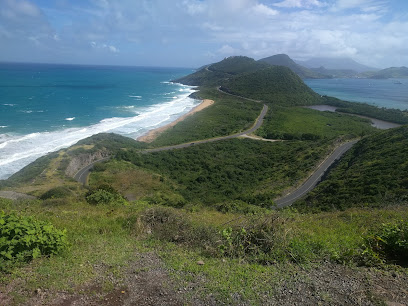
Frigate Bay
Experience the perfect blend of relaxation and adventure at Frigate Bay, St. Kitts’ ultimate coastal paradise with beautiful beaches and vibrant nightlife.
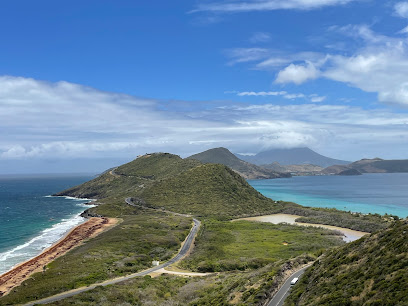
The Citadel at Fort George
Discover The Citadel at Fort George in St. Kitts, where history meets breathtaking views in a captivating museum experience.
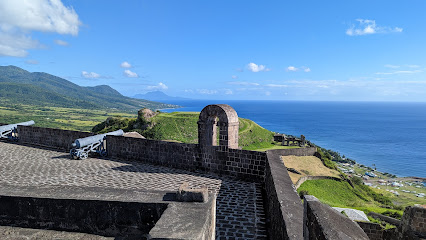
Sky Safari Zipline
Experience the breathtaking beauty of St. Kitts as you zipline through lush landscapes at Sky Safari Zipline, the ultimate adventure destination.
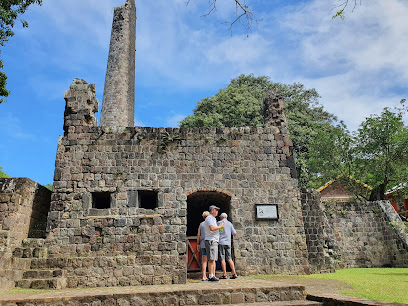
Nevis Hot Springs
Discover the healing volcanic waters at Nevis Hot Springs, a serene oasis perfect for relaxation and rejuvenation amidst breathtaking natural beauty.
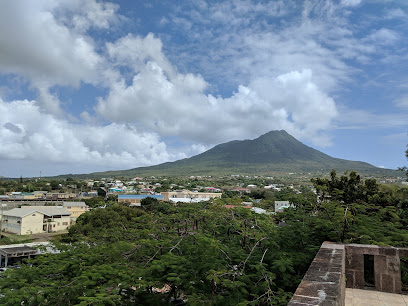
Caribelle Batik at Romney Manor
Explore the vibrant artistry of batik in a stunning botanical setting at Caribelle Batik, Romney Manor in St. Kitts.
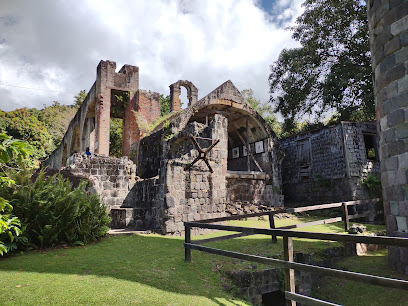
Unmissable attractions to see
Brimstone Hill Fortress National Park
Explore the historical grandeur of Brimstone Hill Fortress National Park, a UNESCO World Heritage site with stunning views and rich colonial history.
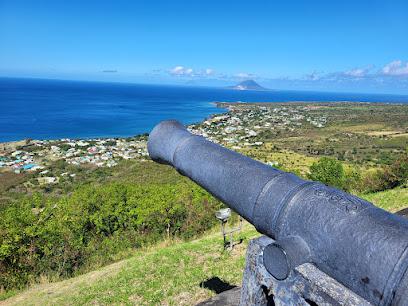
Port Zante
Explore Port Zante, the vibrant cruise terminal of St. Kitts, offering shopping, dining, and access to the island's stunning attractions.
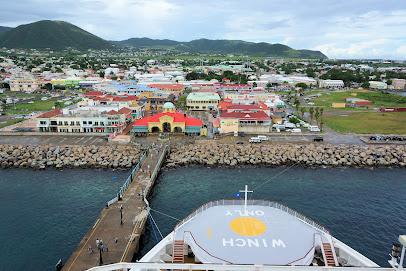
Saint Kitts
Explore the breathtaking beaches, rich history, and vibrant culture of Saint Kitts & Nevis, the Caribbean's hidden gem for travelers.
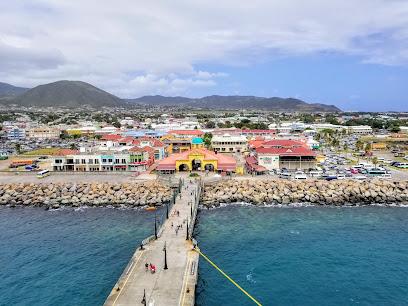
St. Kitts Scenic Railway
Discover the breathtaking beauty and rich history of St. Kitts aboard the scenic railway, a journey through paradise on wheels.
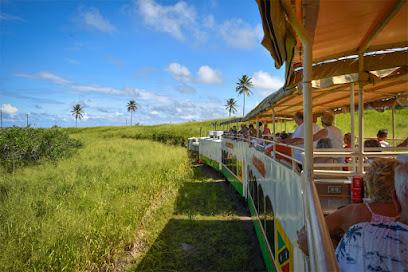
Nature Paradise Tours- St.Kitts
Explore the natural wonders of St. Kitts with Nature Paradise Tours, your premier destination for unforgettable adventure in the Caribbean.
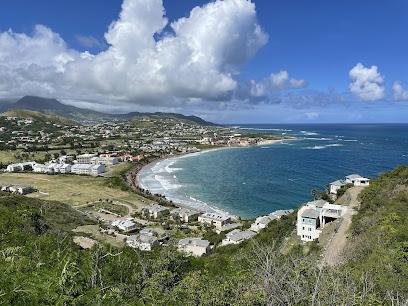
Fairview Great House & Botanical Gardens
Discover the rich history and stunning beauty of Fairview Great House & Botanical Gardens, a must-visit destination in St. Kitts for nature and history enthusiasts.
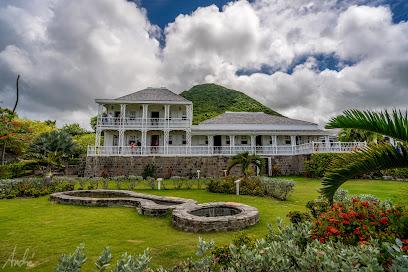
Frigate Bay
Explore Frigate Bay, St. Kitts—where stunning beaches meet vibrant nightlife and rich cultural experiences in a tropical paradise.
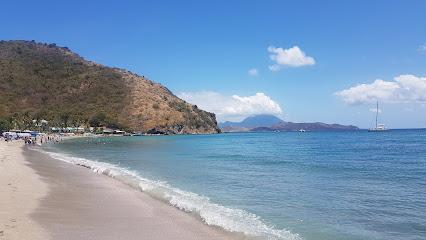
Nevis Hot Springs
Discover the rejuvenating tranquility of Nevis Hot Springs, a natural gem nestled in the lush landscapes of St. Kitts & Nevis.
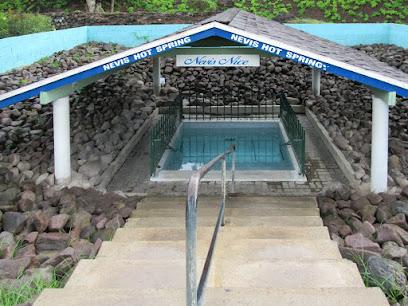
Berkeley Memorial
Discover the Berkeley Memorial in Basseterre, a historical landmark that celebrates St. Kitts' rich heritage and architectural beauty.
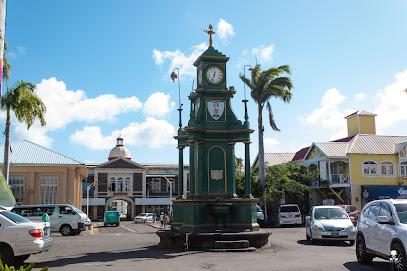
Caribelle Batik at Romney Manor
Discover the vibrant colors and rich traditions of batik art in the serene botanical gardens of Caribelle Batik at Romney Manor in St. Kitts.

St.kitts & Nevis Independence Square
Experience the historical charm and vibrant atmosphere of St. Kitts & Nevis Independence Square, a serene park in Basseterre filled with lush greenery and cultural significance.
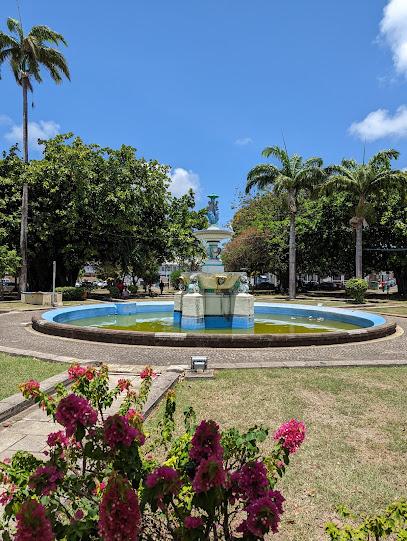
Immaculate Conception Catholic Co-Cathedral
Discover the architectural beauty and spiritual depth of Immaculate Conception Co-Cathedral in Basseterre, a must-visit gem of St. Kitts.
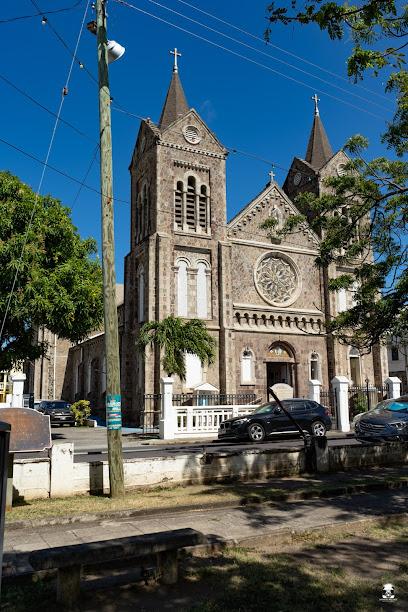
The National Museum of St. Kitts
Explore the vibrant history and culture of St. Kitts at The National Museum, a treasure trove of artifacts and stories waiting to be discovered.
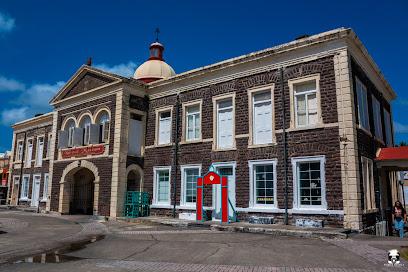
Coastal View Charters
Discover the beauty of St. Kitts with Coastal View Charters, your gateway to unforgettable boat tours and water adventures in the Caribbean.
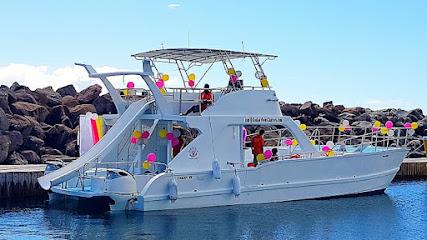
Nevis Artisan Village
Explore Nevis Artisan Village: A vibrant hub of local crafts, culture, and cuisine in the heart of Charlestown, St. Kitts & Nevis.
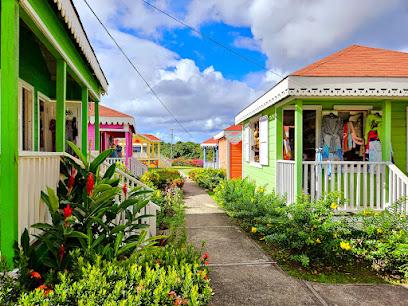
Essential places to dine
Sprat Net
Experience the best of Caribbean dining at Sprat Net in St. Kitts & Nevis with fresh seafood and local flavors in a vibrant setting.
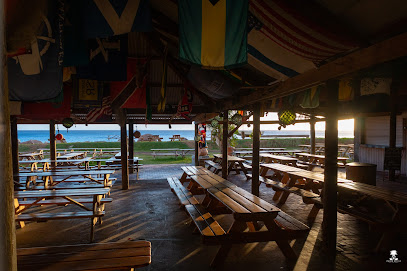
Palms Court Gardens
Experience delightful dining amidst lush gardens at Palms Court Gardens in Brumaire, St. Kitts & Nevis.
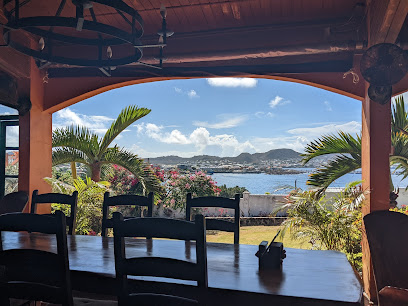
Sweet Cane | Restaurant & Bar
Experience authentic Caribbean cuisine at Sweet Cane Restaurant & Bar in Basseterre—where flavor meets vibrant island culture.
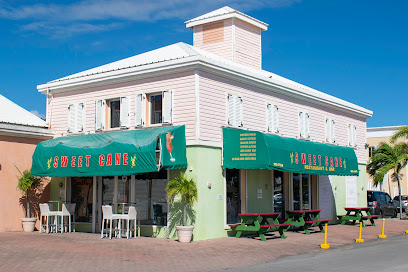
Uncle T's
Experience the unique flavors of St. Kitts at Uncle T's - where fast food meets Caribbean charm.
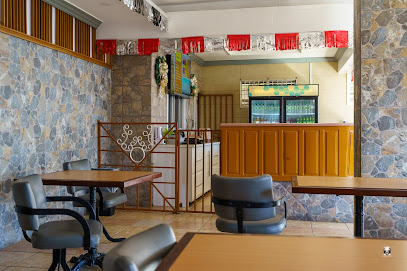
Michael´s Burgers
Experience the best burgers and gelato in St. Kitts at Michael's Burgers - where local flavors meet casual dining.
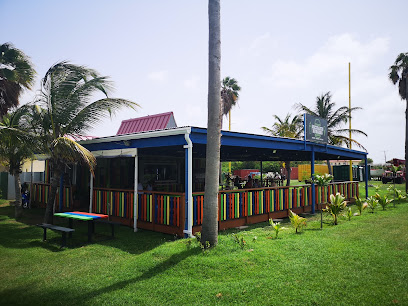
Railway Bar And Grill
Experience authentic Caribbean flavors at Railway Bar And Grill in Nevis – where delicious grilled dishes meet vibrant island hospitality.
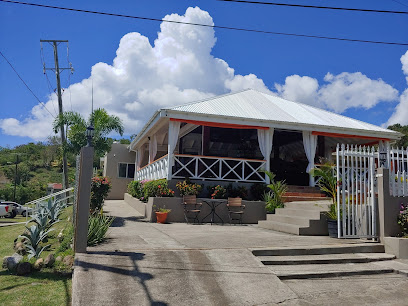
Cool Runnings Bar & Grill
Experience authentic Caribbean cuisine at Cool Runnings Bar & Grill in Basseterre - where flavor meets vibrant island vibes.
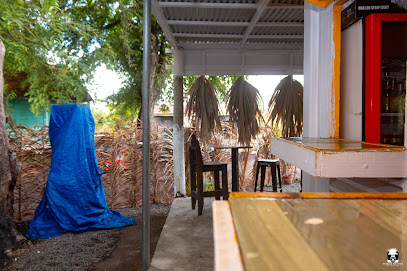
The Source SKN
Discover authentic Caribbean flavors at The Source SKN in Cayon, St. Kitts – your go-to takeout restaurant for delicious local cuisine.

Calabash Bar & Grill
Discover authentic Caribbean flavors at Calabash Bar & Grill in Basseterre - where every dish tells a story!
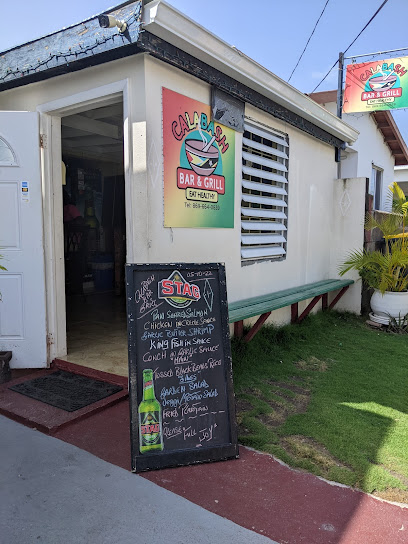
Fish R Us
Discover fresh seafood delights in Key's Village at Fish R Us – a premier dining destination in St. Kitts & Nevis.
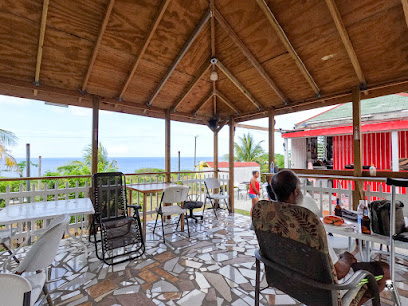
Island Thyme Restaurant
Experience authentic Caribbean flavors at Island Thyme Restaurant in St. Kitts - where local ingredients meet vibrant cuisine.
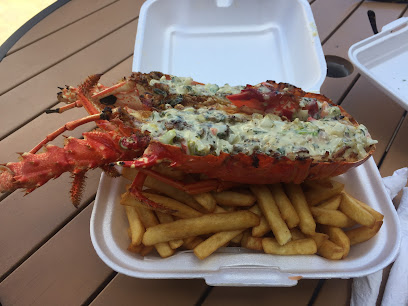
Jabou's Hideaway
Experience authentic Caribbean cuisine at Jabou's Hideaway in Basseterre, where every meal is a celebration of local flavors.
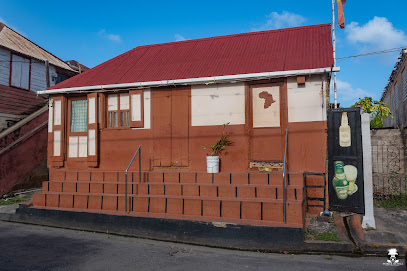
Bugz Grill Spot
Experience the vibrant flavors of St. Kitts & Nevis at Bugz Grill Spot – a grill lover's paradise in Bayfords offering fresh, local delicacies.
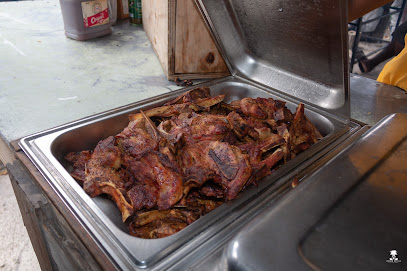
Coal Pot St. Kitts
Discover delightful vegetarian cuisine at Coal Pot St. Kitts, where local flavors meet creativity in a cozy atmosphere.
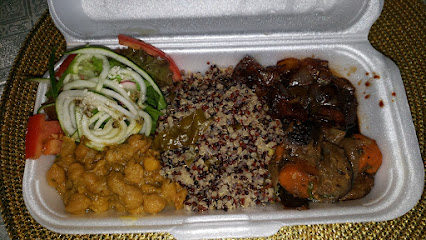
Side Chick Bar and Snackette
Experience authentic Caribbean cuisine at Side Chick Bar and Snackette in Cayon, St. Kitts & Nevis - your destination for flavorful dishes and lively atmosphere.
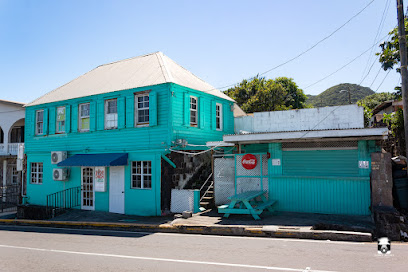
Markets, malls and hidden boutiques
PRINT-HUB SKN
Explore PRINT-HUB SKN in St. Kitts for high-quality printing services perfect for tourists and locals alike.
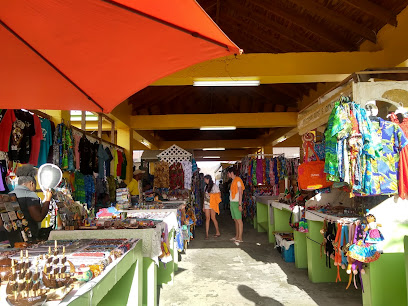
Colors Duty Free Jewellers
Discover exquisite jewelry at Colors Duty Free Jewellers, a premier shopping destination in St. Kitts' Marina Village, offering luxury and savings.
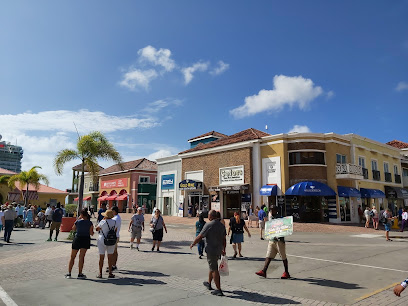
Horsford's Valu Mart
Experience the local flavors of St. Kitts & Nevis at Horsford's Valu Mart, your premier grocery destination in Basseterre.
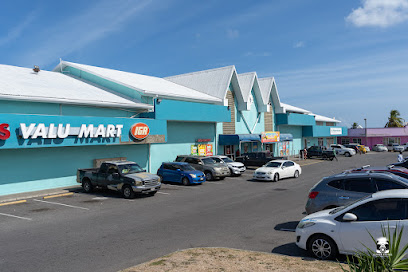
Caribelle Batik at Romney Manor
Discover the vibrant art of batik and the tranquil beauty of nature at Caribelle Batik, a unique attraction in St. Kitts.
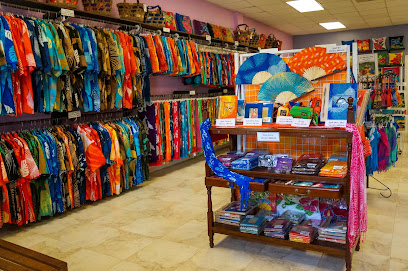
The Pelican Shopping Mall
Discover a delightful shopping experience at The Pelican Shopping Mall in St. Kitts, blending local crafts with international brands for every taste.
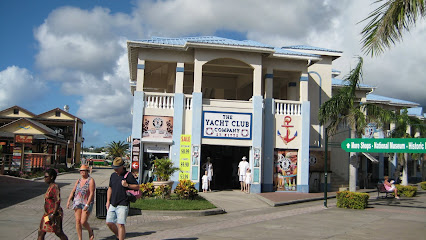
La Casa Del Habano
Discover the ultimate cigar experience at La Casa Del Habano in St. Kitts, where premium cigars meet Caribbean charm.
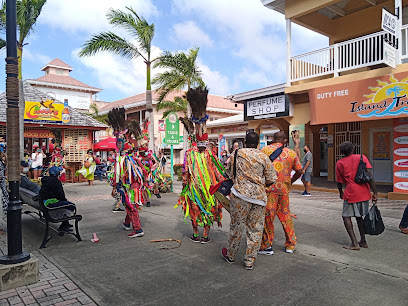
Fraites And Sons Supermarket
Discover the flavors of St. Kitts & Nevis at Fraites And Sons Supermarket, where local products meet friendly service for an unforgettable shopping experience.
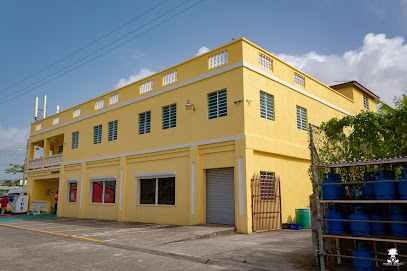
Blackrocks Gift Shops
Explore Blackrocks Gift Shops, a unique beach entertainment shop in Belle Vue offering stunning views and local crafts for the perfect souvenir.
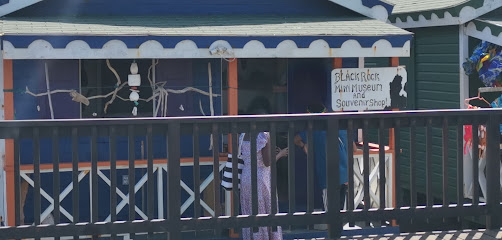
GOLD MINE ST. KITTS
Explore Gold Mine St. Kitts: A treasure trove of unique, handcrafted jewelry showcasing Caribbean beauty and craftsmanship.
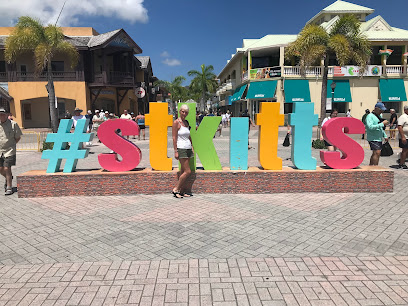
Penny's Supermarket
Discover the vibrant flavors and essentials of St. Kitts at Penny's Supermarket, your go-to spot for local products and Caribbean delights.
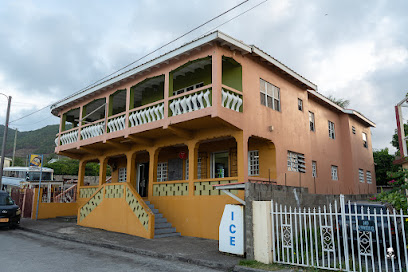
Sun Island Clothes St Kitts
Explore vibrant Caribbean fashion at Sun Island Clothes in Basseterre, St. Kitts, where local craftsmanship meets island style.
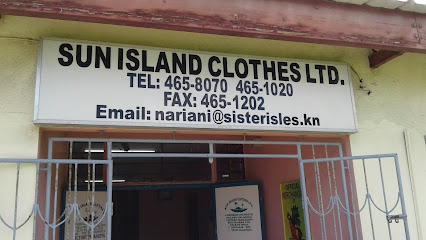
Bougainvillea Books & Gifts
Explore Bougainvillea Books & Gifts in Basseterre for a unique blend of literature and local crafts, capturing the essence of St. Kitts.
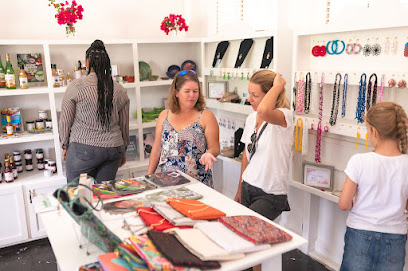
Dufry St. Kitts Limited
Discover luxury and unique souvenirs at Dufry St. Kitts, your ultimate duty-free shopping experience in the Caribbean.
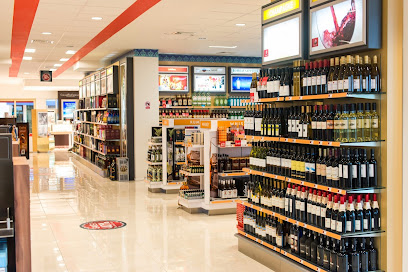
I LOVE ST. KITTS STORE
Explore the vibrant I LOVE ST. KITTS STORE for authentic souvenirs that capture the spirit and beauty of St. Kitts.
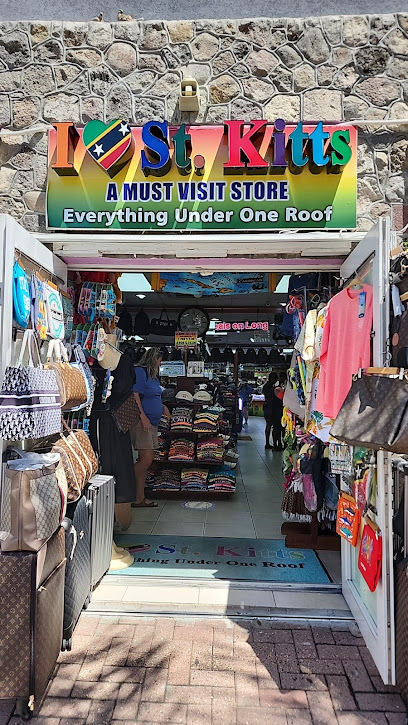
Mac Pennies Computer Store
Explore Mac Pennies Computer Store in Basseterre, a tech haven for tourists seeking quality computer accessories and expert advice in St. Kitts.
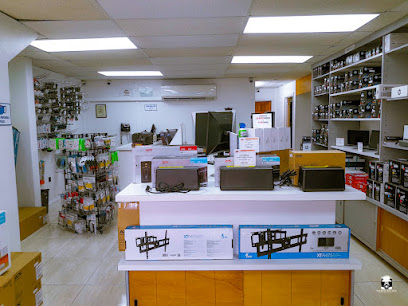
Essential bars & hidden hideouts
The Green Valley Pub
Experience the heart of Caribbean culture at The Green Valley Pub in Cayon, St. Kitts, where delightful food meets vibrant local atmosphere.
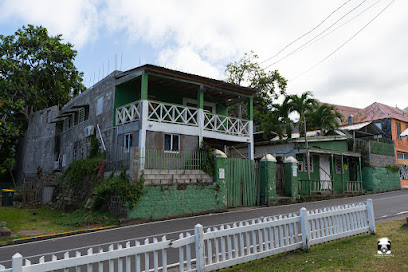
Side Chick Bar and Snackette
Experience the vibrant flavors of Caribbean cuisine at Side Chick Bar and Snackette in Cayon, St. Kitts & Nevis.
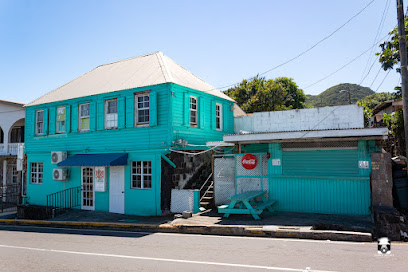
Swing
Experience the vibrant flavors of St. Kitts at Swing, a lively restaurant offering authentic Caribbean dishes in a welcoming atmosphere.
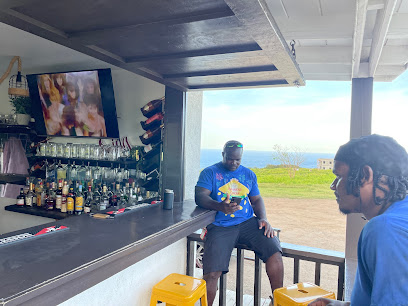
Mountain top
Discover the scenic allure of Mountain Top Bar in St. Kitts, where stunning views and tropical drinks await every visitor.
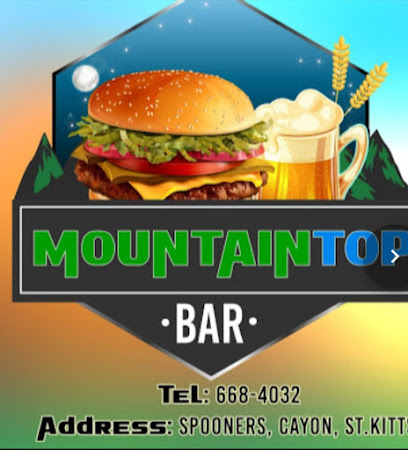
Chil-lax Grill
Experience the vibrant flavors of the Caribbean at Chil-lax Grill in Cayon, St. Kitts, where every meal is a celebration of taste and culture.
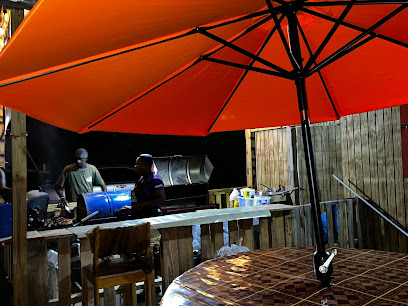
Godfrey's Bar
Experience the vibrant nightlife at Godfrey's Bar in Cayon, St. Kitts, where refreshing drinks and lively music create unforgettable memories.
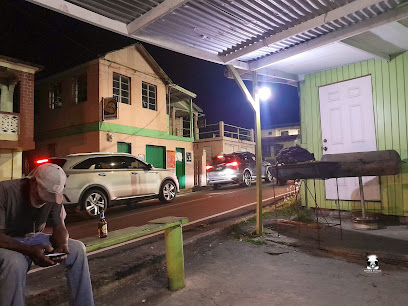
River ghaut upper cayon
Discover the vibrant atmosphere and local charm at River Ghaut Upper Cayon, a top bar in the heart of St. Kitts & Nevis.

Tree Hut Bar
Experience the vibrant flavors and lively atmosphere at Tree Hut Bar in Cayon, St. Kitts, a perfect spot for food and fun.
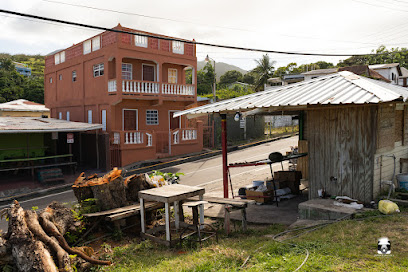
On De Spot
Discover the vibrant nightlife at On De Spot, a lively bar in Cayon, St. Kitts, perfect for enjoying local drinks and entertainment.
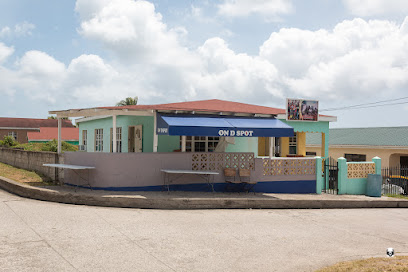
Togetherness Bar
Discover the vibrant atmosphere of Togetherness Bar in Cayon, St. Kitts & Nevis, where Caribbean rhythms and refreshing drinks create unforgettable nights.
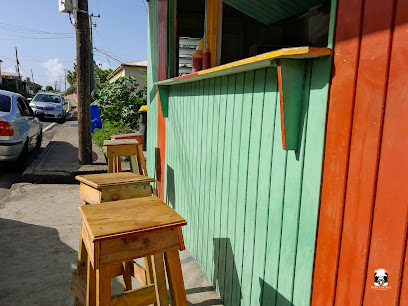
Huggins Bar & Snackette
Discover the vibrant atmosphere of Huggins Bar & Snackette in Cayon, St. Kitts & Nevis, where Caribbean flavors and friendly faces await.
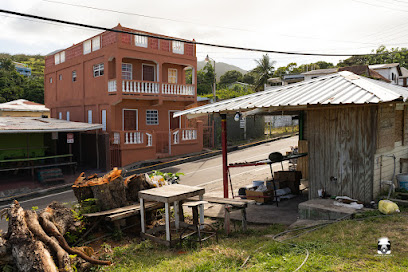
Shop (Big Stuff)
Discover the lively atmosphere of Big Stuff Bar in Cayon, St. Kitts, where local flavors and vibrant culture come together for an unforgettable experience.
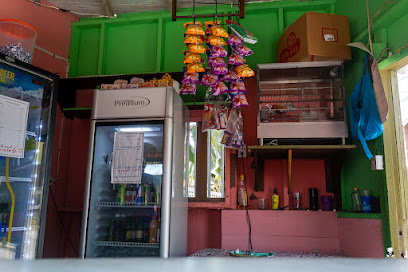
Disco
Discover the lively nightlife at Disco in Cayon, St. Kitts & Nevis - a vibrant bar for dancing, socializing, and enjoying local drinks.

The Corner Bar
Discover the vibrant local culture at The Corner Bar in Cayon, where refreshing drinks and a friendly atmosphere await every visitor.
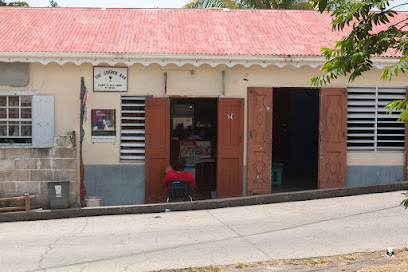
Uptop Bar & Grill
Discover the vibrant flavors of the Caribbean at Uptop Bar & Grill, a must-visit dining destination in Cayon, St. Kitts & Nevis.
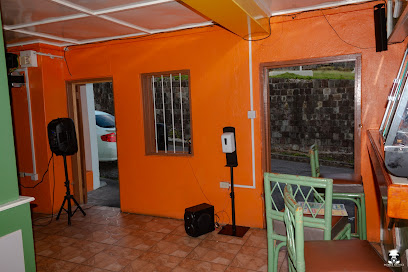
Local Phrases
-
- HelloWah gwaan
[wa gwaan] - GoodbyeLata
[lay-ta] - YesYeah man
[yeah man] - NoNo sah
[no sah] - Please/You're welcomePreez
[prees] - Thank youTank yuh
[tank yuh] - Excuse me/SorrySarry
[sah-ree] - How are you?How yuh dey?
[how yuh dey] - Fine. And you?Irie. An yuh?
[eye-ree. an yuh] - Do you speak English?Yuh speak English?
[yuh speak English] - I don't understandMi nah undastan
[mee nah un-dah-stan]
- HelloWah gwaan
-
- I'd like to see the menu, pleaseMi would like fi see di menu, plz
[mee wood like fee see dee menu, plz] - I don't eat meatMi nah eat meat
[mee nah eet meet] - Cheers!Chuurs!
[choors] - I would like to pay, pleaseMi would like fi pay, plz
[mee wood like fee pay, plz]
- I'd like to see the menu, pleaseMi would like fi see di menu, plz
-
- Help!Eeeelp!
[eeelp] - Go away!Gweh!
[gweh] - Call the Police!Call di Police!
[call dee Police] - Call a doctor!Call a docta!
[call a dok-ta] - I'm lostMi loss
[mee loss] - I'm illMi sick
[mee sik]
- Help!Eeeelp!
-
- I'd like to buy...Mi would like fi buy...
[mee wood like fee buy] - I'm just lookingMi jus lookin
[mee jus look-in] - How much is it?How much dat dey?
[how much dat dey] - That's too expensiveDat too dear
[dat too deer] - Can you lower the price?Yuh cud drop di price?
[yuh kud drop dee price]
- I'd like to buy...Mi would like fi buy...
-
- What time is it?Wah time it be?
[wah time it bee] - It's one o'clockIt one o'clock
[it one o'clock] - Half past (10)Haaf pass ten
[haff pass ten] - MorningMawnin
[mawn-in] - AfternoonAftanoon
[aft-ah-noon] - EveningEevinin
[ee-vin-in] - YesterdayYestadeh
[yes-ta-deh] - TodayTiday
[ti-day] - TomorrowTomara
[to-mar-a] - 1One
[wun] - 2Two
[too] - 3Tree
[tree] - 4Fo'
[fo] - 5Fi'
[fie] - 6Six
[siks] - 7Seven
[sev-en] - 8Eight
[ate] - 9Nine
[nine] - 10Ten
[ten]
- What time is it?Wah time it be?
-
- Where's a/the...?Weh di...
[weh dee] - What's the address?Wah di address?
[wah dee address] - Can you show me (on the map)?Yuh cud show mi (pan di map)?
[yuh kud show mee (pan dee map)] - When's the next (bus)?Wen di next (bus)?
[wen dee next (bus)] - A ticket (to ....)A tiket (to ....)
[a tik-et (to)]
- Where's a/the...?Weh di...
History of Cayon
-
Before European colonization, the area now known as Cayon was inhabited by the Kalinago people. These indigenous people lived off the land, practicing agriculture, fishing, and hunting. They left behind intricate petroglyphs and archaeological evidence that provide insight into their way of life.
-
In the early 17th century, European explorers, primarily the French and the British, arrived in Saint Kitts. Cayon, like many other parts of the island, saw the establishment of sugarcane plantations. This period marked significant changes in the landscape and the beginning of a colonial economy driven by sugar production.
-
During the plantation era, Cayon became a hub for sugar production. Large estates were established, and enslaved Africans were brought to the area to work on the plantations. The remnants of these plantations, including old sugar mills and great houses, can still be seen today, serving as a poignant reminder of this chapter in Cayon's history.
-
One of the most significant historical events in Cayon was the riot of 1896. Driven by discontent over labor conditions and economic hardship, the local population protested against the colonial authorities. This event is a crucial part of Cayon's history, highlighting the struggles of the working class and their fight for better living conditions.
-
The 20th century saw shifts in Cayon's agricultural landscape. While sugarcane remained important, there was a diversification into other crops such as cotton and vegetables. This period also saw improvements in labor conditions and the gradual decline of the plantation economy.
-
Today, Cayon is a vibrant community that blends its rich history with modern developments. The town has grown, with new residential areas, schools, and businesses. However, the historical landmarks and cultural heritage are carefully preserved, making Cayon a unique destination that offers a glimpse into Saint Kitts and Nevis's past while embracing its future.
Cayon Essentials
-
Cayon is located on the island of Saint Kitts in the federation of Saint Kitts and Nevis. The nearest airport is Robert L. Bradshaw International Airport (SKB) in Basseterre, which is approximately 10 kilometers away. From the airport, you can take a taxi or rent a car to reach Cayon. The drive typically takes around 15-20 minutes. Alternatively, you can use local minibuses that connect Cayon with other parts of the island.
-
Transportation options in Cayon include taxis, minibuses, and car rentals. Taxis are readily available and can be hailed on the street or booked through your accommodation. Minibuses operate on set routes and are an affordable way to travel around the island, but they can be crowded during peak times. Renting a car is a convenient option for exploring at your own pace, but be aware that driving is on the left side of the road.
-
The official currency is the Eastern Caribbean Dollar (XCD), although US dollars are widely accepted. Credit cards are accepted in most hotels, restaurants, and shops, but it is advisable to carry some cash for smaller establishments and local markets. ATMs are available in Basseterre and other larger towns, but they may be limited in Cayon, so plan accordingly.
-
Cayon is generally a safe destination, but it is important to take standard precautions. Avoid walking alone at night in unfamiliar areas and keep an eye on your belongings in crowded places. While Cayon does not have specific high-crime areas targeting tourists, it is always best to stay vigilant and aware of your surroundings.
-
In case of emergency, dial 911 for immediate assistance. There is a local police station in Cayon, and medical facilities are available in nearby Basseterre. It is recommended to have travel insurance that covers medical emergencies. For minor health issues, there are pharmacies in Cayon where you can purchase over-the-counter medications.
-
Fashion: Do dress modestly, especially when visiting religious sites. Avoid wearing overly revealing clothing. Religion: Do respect local customs and traditions. Always dress appropriately when attending church services. Public Transport: Do be respectful and give up your seat to elderly passengers. Don't eat or drink on public transport. Greetings: Do greet people with a friendly 'Good morning' or 'Good afternoon'. A handshake is also common. Eating & Drinking: Do try local delicacies and accept food offerings graciously. Don't refuse hospitality, as it is considered impolite.
-
To experience Cayon like a local, visit the weekly market where you can buy fresh produce and local crafts. Engage with residents, who are often friendly and eager to share stories about their community. Don't miss the chance to explore the nearby rainforest and hike to the summit of Mount Liamuiga for breathtaking views. Also, consider attending local festivals and events to immerse yourself in the vibrant culture of Cayon.
Trending Landmark in Cayon
-
Timothy Hill Overlook
-
Brimstone Hill Fortress National Park
-
Port Zante
-
Dolphin Discovery Saint Kitts
-
Adonis Tour & Beach from Porte Zante
-
St. Kitts Scenic Railway
-
Port Zante Marina
-
Fairview Great House and Botanical Gardens
-
Nature Paradise Tours- St.Kitts
-
Romney Manor
-
Frigate Bay
-
The Citadel at Fort George
-
Sky Safari Zipline
-
Nevis Hot Springs
-
Caribelle Batik at Romney Manor
Nearby Cities to Cayon
-
Things To Do in Basseterre
-
Things To Do in Old Road Town
-
Things To Do in Middle Island
-
Things To Do in Dieppe Bay Town
-
Things To Do in Sandy Point Town
-
Things To Do in Newcastle
-
Things To Do in Cotton Ground
-
Things To Do in Charlestown
-
Things To Do in Gingerland
-
Things To Do in Cole Bay
-
Things To Do in Woodlands
-
Things To Do in Sint Peters
-
Things To Do in Maho
-
Things To Do in Lowlands
-
Things To Do in Jolly Harbour










